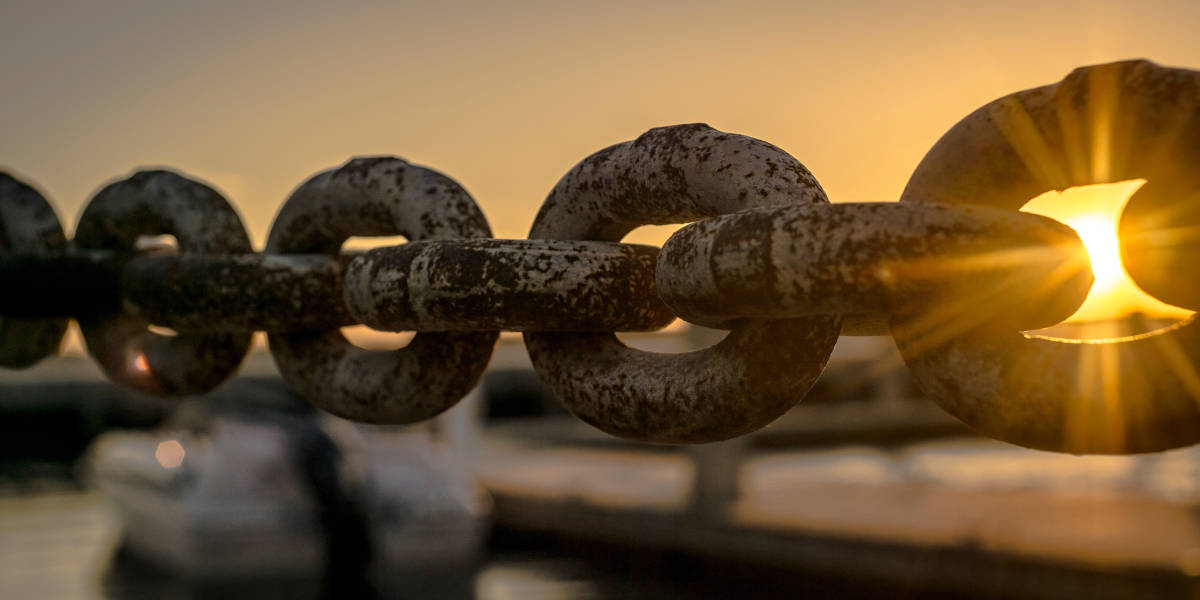
Five Benefits of Failure
Everybody fails. Failing is an inevitable part of life, but feeling like a failure shouldn’t be. If you can separate failing at something from feeling like you are the failure, and can bounce back from feelings of rejection, embarrassment, and humiliation, you probably have healthy amounts of resilience and self-worth. As Brene Brown writes in Rising Strong and in Courage Over Comfort, Rumbling with Shame, Accountability and Failure at Work, “Failure can become our most powerful path to learning if we’re willing to choose courage over comfort.”
Failure is a gift that allows us to learn from our mistakes and improve. The feelings of failure are hurtful in the moment, but you can find ways to let that discomfort pass. If you need a little help gaining perspective, or typically tend toward perfectionism, read on for a few ways to look at failure with fresh eyes.
5 Real Benefits of Failure:
1. Failure forces us to be creative.
Learning a new art form is filled with technical challenges. We expect skills to develop over time. But at work, when we think we should be an expert at something, we can fall apart when things go wrong. We may get immediately frustrated, but after we take a moment to process our anger or embarrassment, we can look for new methods, solutions, and tools, or find new ways of looking at an old problem. If the old ways aren’t working, it doesn’t mean they – or you – are worthless. It means a previous skill set needs a refresh or new tools. Be inspired and try something unfamiliar. And if it fails, too, you’ve learned a lot more, about your work and yourself. Let those lessons come to you and let your creativity shine.
2. Failure is always an option, and also an opportunity.
With all respect to NASA Chief Flight Director Gene Kranz, who famously told his team “Failure is not an option” during the harrowing Apollo 13 mission, failure is actually a possibility every time we take a risk. Acknowledging that there are things we cannot control can make us look at what we can control more creatively.
When we feel deeply responsible for people or projects, especially in life-or-death situations, the fear of failure can be consuming and may also be an integral part of our identity. But most of us are dealing with much smaller risks. Ask yourself, what’s the worst thing that could happen? What’s the best thing that could happen? What are some of the scenarios that could happen in between? Visualizing many outcomes can get us past imagining every situation as a catastrophe, and also acknowledging and valuing the importance of everyone trying to do their best.
3. Failure can be a crucial step on the path to success.
Figuring out why things fail, whether that’s a rocket launch or a relationship, is an important part of learning what skills, tools, and technologies we need to make things work in the real world. We learn more from our hard-earned failures than our immediate successes, and the lessons felt deeply can last a lifetime. After you’ve given yourself a bit of time to process something that has failed, be brave enough to ask why. Be willing to look in the mirror and under the hood to find out where and how things went wrong. Ask questions. Look for patterns. Acknowledge anomalies. What you discover might not be picture-perfect, but it's likely to be incredibly valuable for your future adventures.
4. Failure fosters empathy.
Feeling embarrassed or down about our own slip-ups can actually make us more compassionate and supportive to others who stumble in public. It helps us offer genuine encouragement when things don't go as planned for them. If you're part of a team, give your colleagues some space to sort through their feelings, then have a friendly chat to figure out what went wrong, own up to your part, and discuss the best way to move forward. Be courageous, honest, and kind, and don't hesitate to share your own stories of past failures if it feels right.
5. Failure is a form of freedom.
When high achievers fail, they often feel tremendous guilt and shame. But failure actually creates an opportunity to learn to let go of the rigid standards that perfectionists hold. Perfectionism manifests in many ways, from feeling the need to look and act perfect to actually believing that perfection is possible. Fearing judgment from others, perfectionists cannot admit their mistakes and will do everything in their power to prevent making them, causing tremendous anxiety.
It’s helpful to ask questions like these:
- Who Are We When We Fail?
- What Would We Like to Become if We Knew We Could Not Fail?
If failure is the worst outcome imaginable, and after it occurs, we survive, then we have the chance to learn that our rigid standards are locking us in a prison of unhappiness, and it turns out we already have the key.
To read more about perfectionism, check out our blog post Quiet Enemies of Connection. If your struggle for perfection is causing you to feel sad or depressed, reach out to a trusted counselor or friend. To learn how to build resilience and respond to failure with a healthy mindset, connect with a Lifeologie Counselor near you.

About Lifeologie
Lifeologie Counseling was founded in 2000 with one goal in mind — to bring a fresh, innovative approach to the everyday problems of life. Creative solutions to stuck problems®. With our unique multi-specialty, collaborative approach, Lifeologie Counseling helps individuals and families heal their wounds and break out of old, unhealthy patterns.




